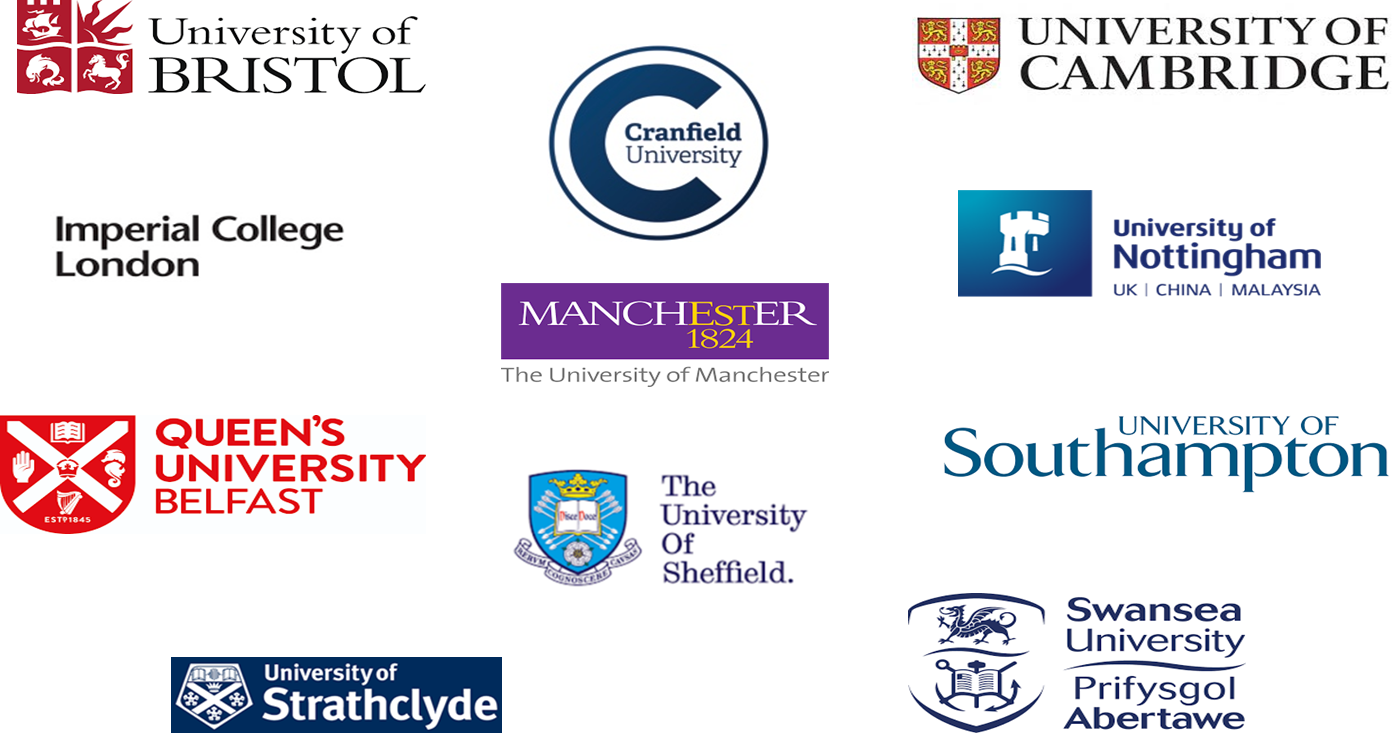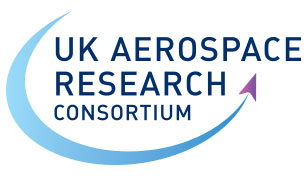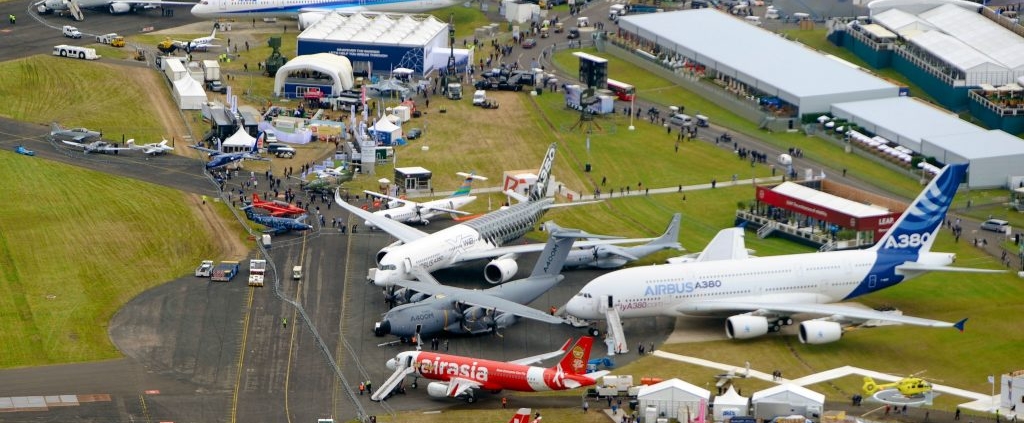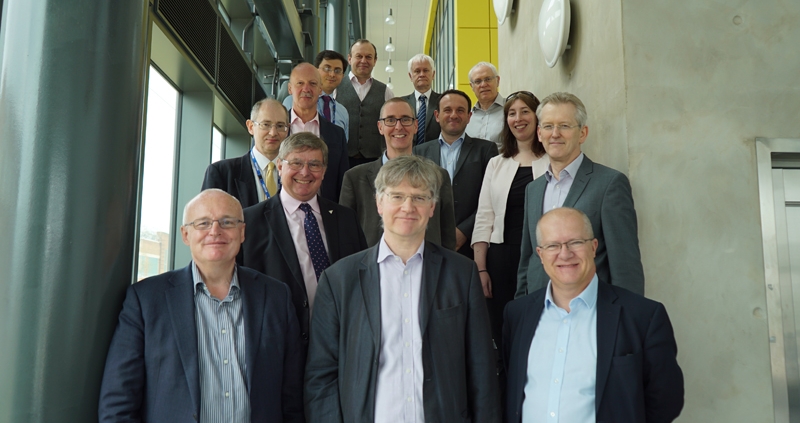Members of the UK Aerospace Research Consortium (UK-ARC) representing the UK’s leading aerospace research universities were pleased to support the Farnborough International Airshow Connect (“Virtual Farnborough”) programme.
During the five day event the members took part in a series of technical presentations, careers events and panel sessions showcasing the universities as being a key part of the UK’s aerospace research capability.
Some of the events during the week included;
- “Aircraft Cabin of the Future” – a 360 VR video by Dr Tom Budd (Cranfield University)
- “Careers in Digital Aviation” – Panel Session hosted by Prof Graham Braithwaite (Cranfield University) and including representatives from Boeing and Blue Bear Systems Research
- “Women in Aviation and Aerospace Charter Panel Session – How do we maintain the focus on diversity and inclusion as the industry recovers from COVID-19”
In addition to the above events UK-ARC members provided a full range of materials through the Farnborough website including; Technical insights, PhD research “snap shots” plus a variety of downloadable information.
UK-ARC continues to strive to serve the UK aerospace industry through world-leading research expertise and research infrastructure. UK-ARC member universities also make a vital contribution to the aerospace skills supply chain by developing and supporting aerospace engineers key to the future of the UK’s aerospace sector.
The UK Aerospace Research Consortium brings together leading UK universities, acting collectively to facilitate high-level, strategic engagement with the UK aerospace sector on transformational aerospace research and coordinated access to the best of the UK research base. The UK-ARC members are:



